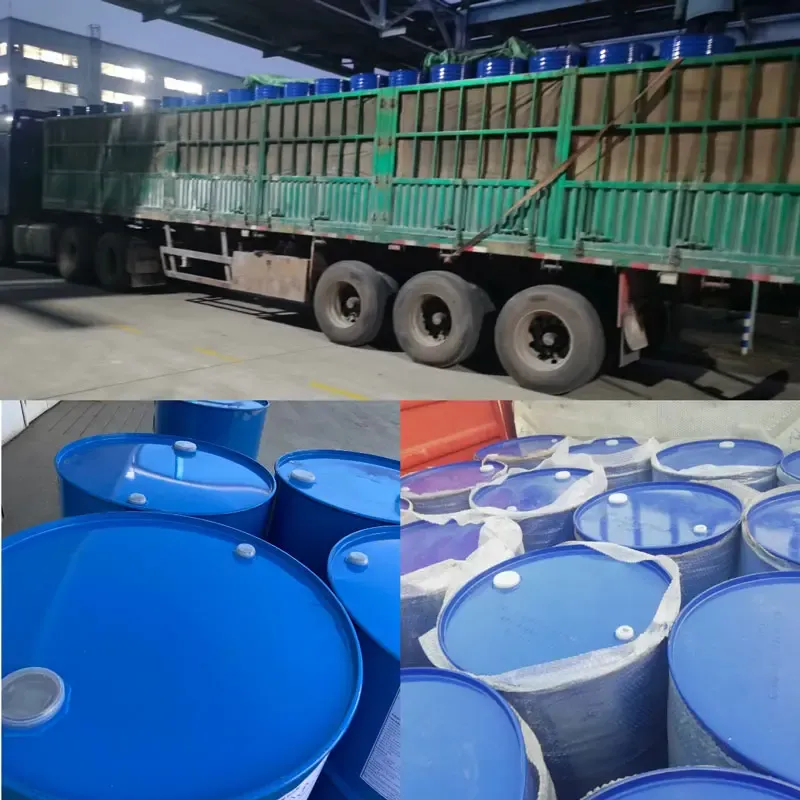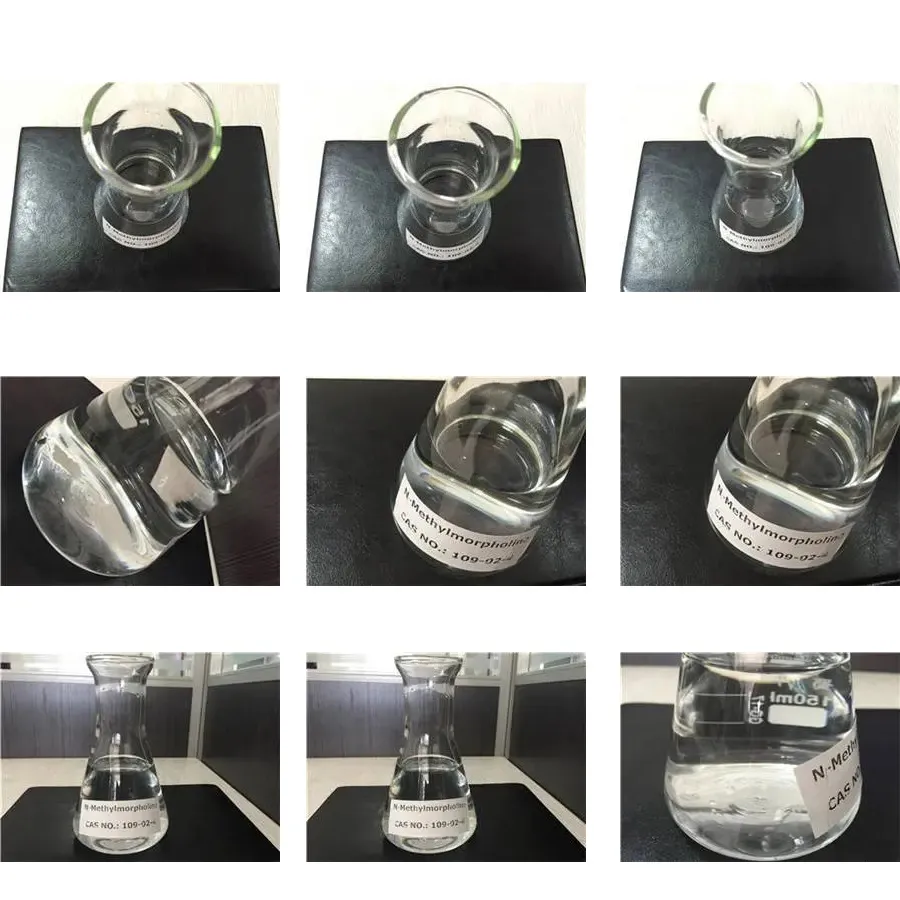potassium iodide faq


Beyond its use in radiation emergencies, potassium iodide serves as an essential supplement for certain thyroid conditions. It is used in the treatment of hyperthyroidism and for achieving euthyroid status in patients pre-surgery. In dermatology, KI has applications in treating fungal infections and inflammatory skin conditions. Furthermore, it acts as an expectorant, helping to thin mucus and relieve symptoms of chronic respiratory conditions. Potassium iodide is a component in the iodization of table salt, working to prevent iodine deficiency disorders, which remain a concern in certain parts of the world. Iodine deficiency can lead to a host of health issues, including goiter, mental retardation, and other developmental abnormalities. Ensuring a proper intake of iodine is essential for maintaining overall health, underscoring the importance of potassium iodide in everyday diets. When purchasing potassium iodide, it is vital to select high-quality products from reputable manufacturers. Look for certifications and approvals from health authorities, as these guarantee the product's safety and effectiveness. The credibility and expertise of manufacturers play a significant role in ensuring the reliability of the product. Always check expiration dates and storage conditions to maintain the integrity of potassium iodide supplements. To sum up, potassium iodide is a versatile compound with significant health implications, primarily known for its role in radiation emergency preparedness and thyroid health. Its applications extend from preventing iodine deficiencies to acting as a remedy for specific medical conditions. As with any health-related product, informed decision-making backed by expert advice, authoritative sources, and quality assurance is essential for ensuring effectiveness and safety. Whether considering potassium iodide for emergency kits or dietary supplementation, understanding its purpose and limitations is key to maximizing its benefits.
Post time: ఫిబ్ర . 15, 2025 13:38


















